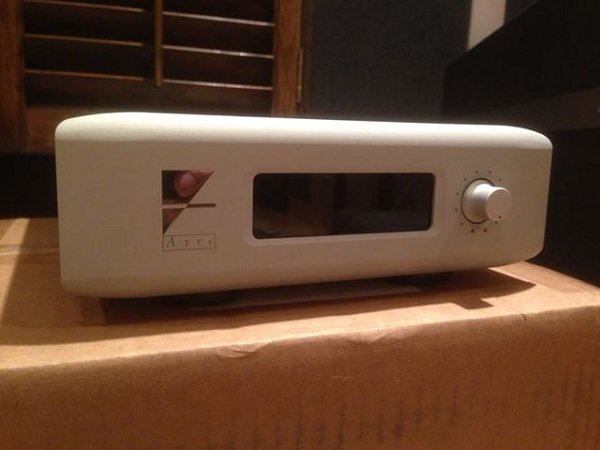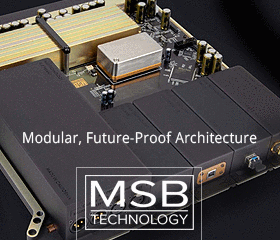The jury is still out, but I still think the Grimm sounds better. Just wish it would do DSD128/256fs.
The Horus, I believe uses Arda AT1201 ADC and looking at datasheet it has some pretty impressive specs - until you look at it's DSD performance.
AFAICS they definitely were thinking PCM on this one. It may well do DSD256 but the performance looks a bit compromised.
cheers
Terry














